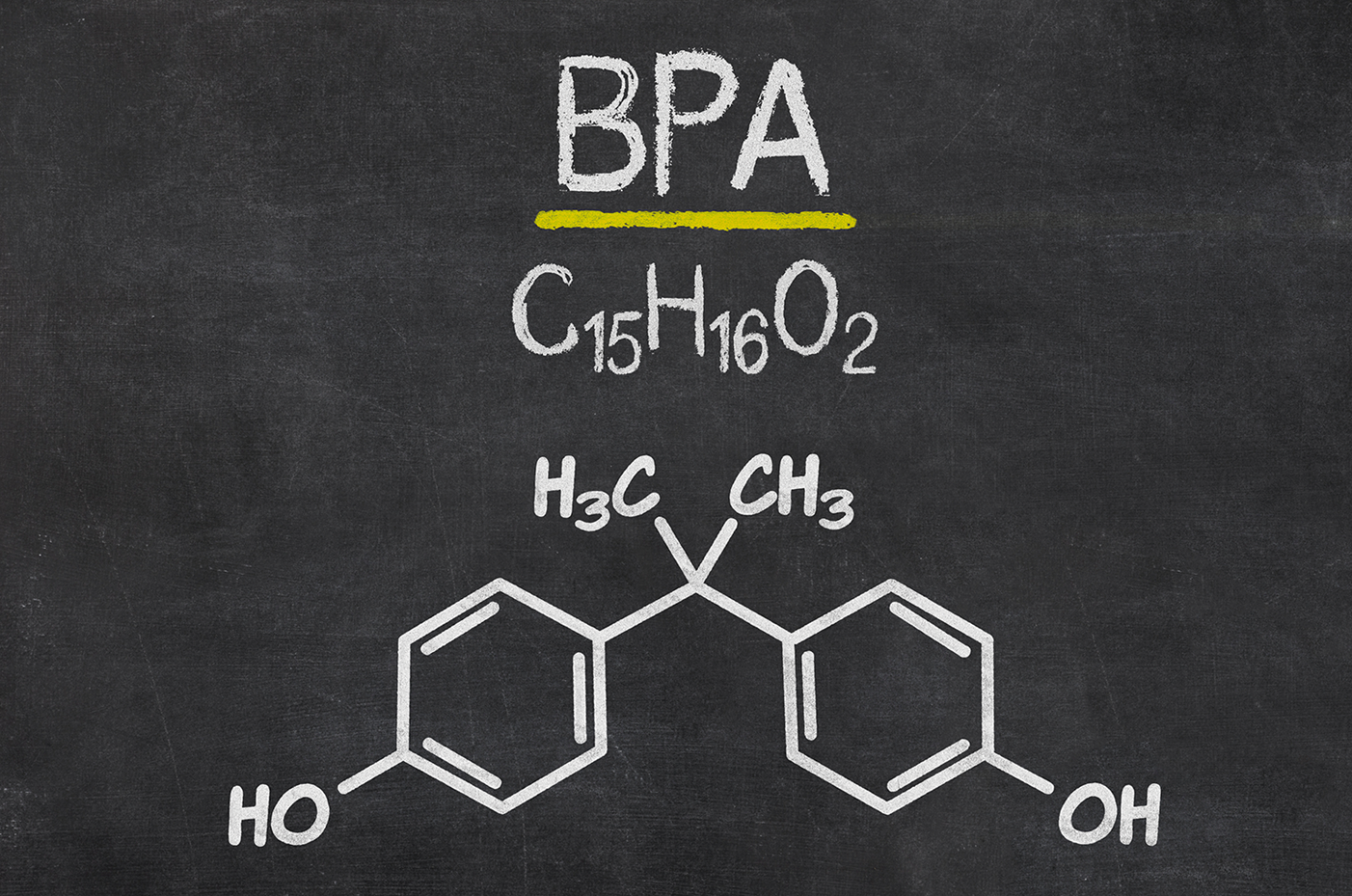Experts at the University of Missouri studied how female rodents were the subject of mRNA expression changes in the placenta caused by bisphenol A (BPA) exposure.
The study in Epigenomics set out to showcase how BPA exposure in the placenta can directly affect the brain development of a fetus.
According to researchers, they reportedly exposed “female mice to BPA two weeks prior to conception through gestational day 12.5.” Additionally, “small RNAs were isolated and used for small RNA-sequencing.”
Researchers believe that mRNAs may impact the risk of neurological disorders later in life caused by the effects of BPA exposure.
“Target mRNAs were closely aligned to those expressed by thymus and brain, and pathway enrichment analyses indicated that such target mRNAs regulate neurogenesis and associated neurodevelopment processes,” researchers determined.
“BPA induces several small RNAs in mouse placenta that might provide biomarkers for BPA exposure. Further, the placenta might affect fetal brain development through the secretion of miRNAs.”


